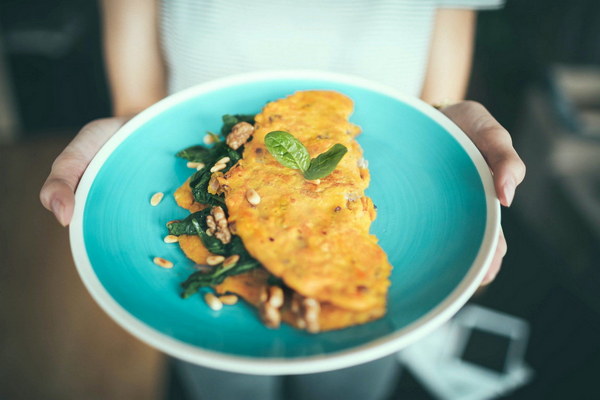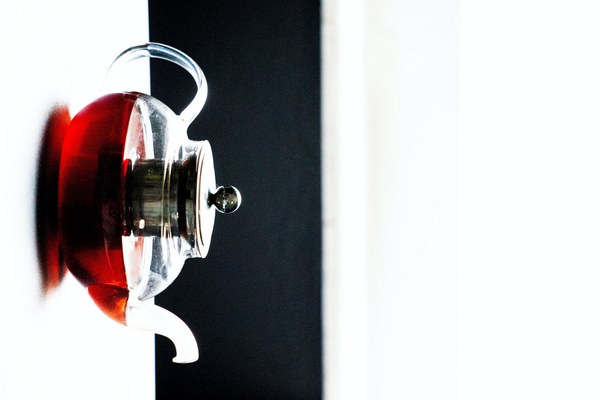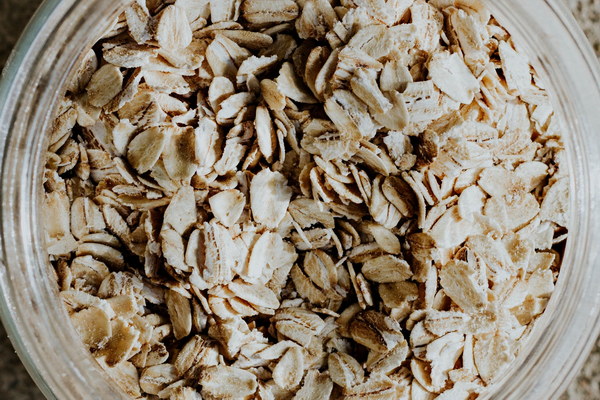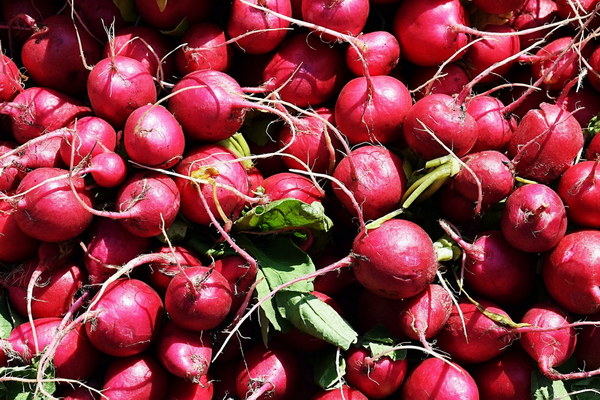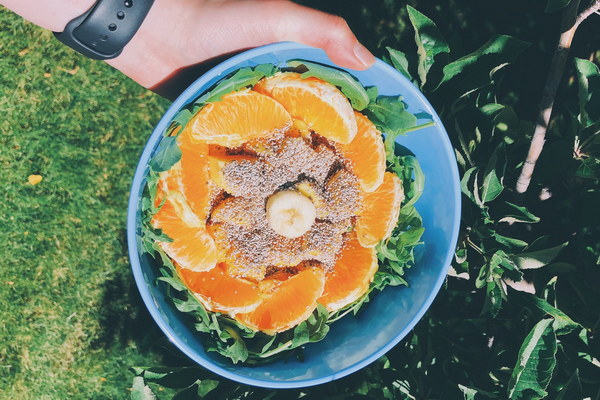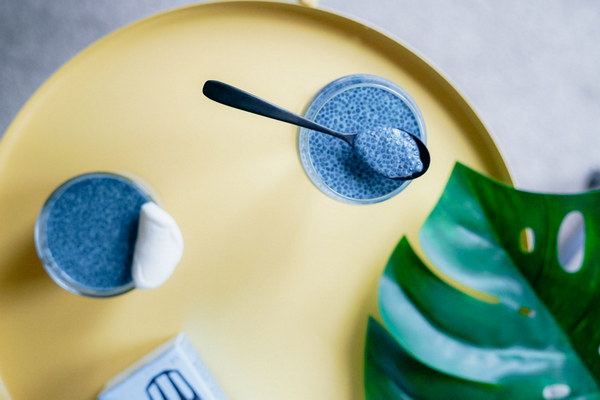Postpartum Qi and Blood Restoration A Comprehensive Guide to Nourishing the Mother's Health
Introduction:
The journey of pregnancy and childbirth can be physically and emotionally demanding. After giving birth, it is crucial for new mothers to focus on postpartum recovery and restore their qi (vital energy) and blood. This article aims to provide a comprehensive guide to postpartum qi and blood restoration, offering insights into traditional practices, dietary recommendations, and self-care strategies to support the mother's health during this delicate period.
1. Understanding Postpartum Qi and Blood Deficiency:
Postpartum qi and blood deficiency is a common condition that occurs after childbirth. It is characterized by a depletion of the mother's vital energy and blood, leading to various symptoms such as fatigue, weakness, dizziness, and anemia. This deficiency can significantly impact the mother's overall well-being and recovery process.
2. Traditional Practices for Postpartum Qi and Blood Restoration:
a. Acupuncture and Moxibustion:
Acupuncture and moxibustion are traditional Chinese practices that help restore qi and blood. Acupuncture involves inserting fine needles into specific points on the body, while moxibustion involves burning moxa (a substance made from dried mugwort) near the skin. Both techniques promote blood circulation and enhance the body's healing abilities.
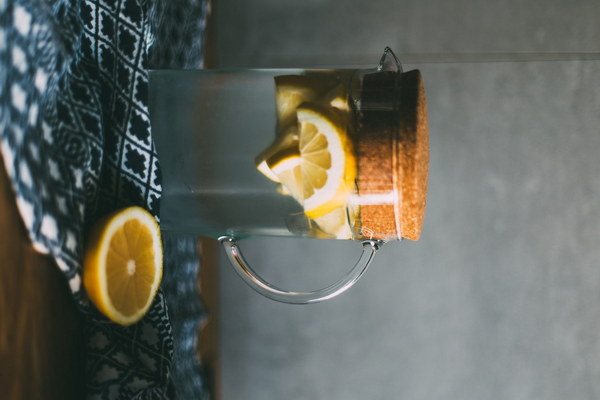
b. Cupping Therapy:
Cupping therapy involves placing cups on the skin and creating suction to stimulate blood flow and relieve muscle tension. This technique helps improve circulation, reduce pain, and boost the immune system, aiding in the restoration of qi and blood.
3. Dietary Recommendations for Postpartum Qi and Blood Restoration:
a. Iron-Rich Foods:
Iron is essential for the production of red blood cells and the prevention of anemia. Incorporate iron-rich foods such as lean red meat, poultry, fish, eggs, legumes, and green leafy vegetables into your diet.
b. Vitamin C-Rich Foods:
Vitamin C enhances iron absorption, making it crucial for postpartum recovery. Include vitamin C-rich foods like oranges, strawberries, bell peppers, and kiwis in your meals.
c. Nutrient-Dense Foods:
To support overall health and restore qi and blood, focus on nutrient-dense foods such as nuts, seeds, whole grains, and dairy products. These foods provide essential vitamins, minerals, and antioxidants to aid in recovery.
4. Self-Care Strategies for Postpartum Qi and Blood Restoration:
a. Adequate Rest:
Ensure you get enough rest and sleep to allow your body to heal. Take advantage of help from family and friends to manage household chores and care for your baby.
b. Gentle Exercise:
Engage in gentle exercise, such as walking, yoga, or prenatal Pilates, to promote blood circulation and improve your mood. Consult with a healthcare professional before starting any exercise routine.
c. Emotional Support:
Seek emotional support from family, friends, or support groups to cope with the challenges of postpartum recovery. Sharing your experiences and concerns can provide comfort and guidance.
Conclusion:
Postpartum qi and blood restoration is vital for the well-being of new mothers. By incorporating traditional practices, dietary recommendations, and self-care strategies, you can support your body's healing process and ensure a smooth recovery. Remember to consult with healthcare professionals for personalized advice and guidance throughout this important phase of your life.

